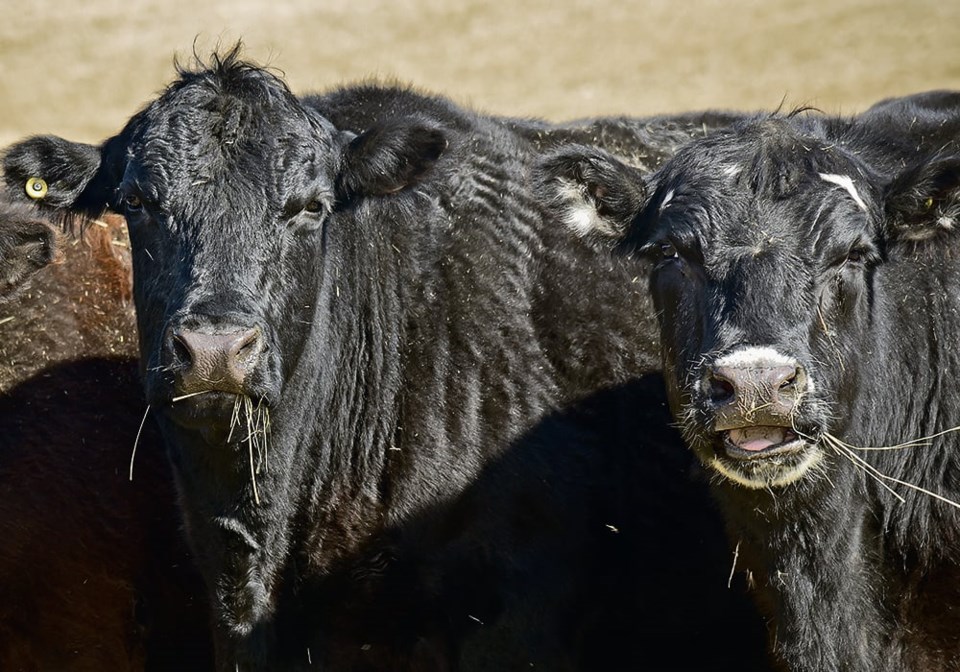WESTERN PRODUCER — The U.S. cow herd is at 30-year lows, but Americans are still in love with burgers, so imports from outside North America will be a fact of life, analysts said at the World Pork Expo.
That means Brazilian beef will likely reach into the U.S. burger supply chain.
“How much of that grinding beef can Australia and New Zealand, Uruguay and others actually supply to us?” asked meat market analyst Steve Meyer in a market outlook session performed live for U.S. Farm Report at the World Pork Expo.
“I say we’re probably going to turn more and more to Brazil for that.”
While the U.S. is importing lots of off-shore beef for grinding, it is exporting lots of cut beef, the more expensive muscle cuts. There is an imbalance in the kind of beef North America can produce and what its people like to eat, Meyer said.
“We are very good at exporting high quality beef and very good at eating grinding beef.”
The main source of grinding beef is cows, but supply is low as the U.S. domestic herd shrinks. The impact of importing grinding beef is actually good for the value of the North American beef carcass, said Erin Motter of the U.S. Beef Export Federation.
“They actually help our beef prices, our cattle prices, here in the U.S.”
Meyer expects Brazil to become a bigger competitor to North American producers in coming years, for both beef and pork. The country already leads in soybean, corn, chicken and beef exports, and its pork production is steadily rising.
For years Brazil was held out of the world’s best markets because of foot-and-mouth disease and other health issues, but now much of the country is allowed to export to most markets. That may become a country-wide ability.
Brazil’s cost of production is the lowest in the world for a number of commodities, so North American producers should expect to face growing competition from South America.
“Brazil is an agricultural juggernaut,” said Meyer.
In the short term, North American producers won’t likely face much pain. Europe’s self-inflicted agricultural reduction is providing room for exports from both continents of America.
“It probably leaves lots for them and us both,” said Meyer.
However, once that deficit is filled, the impact will be felt.“In the long term, they’re going to capture market share,” said Meyer.




